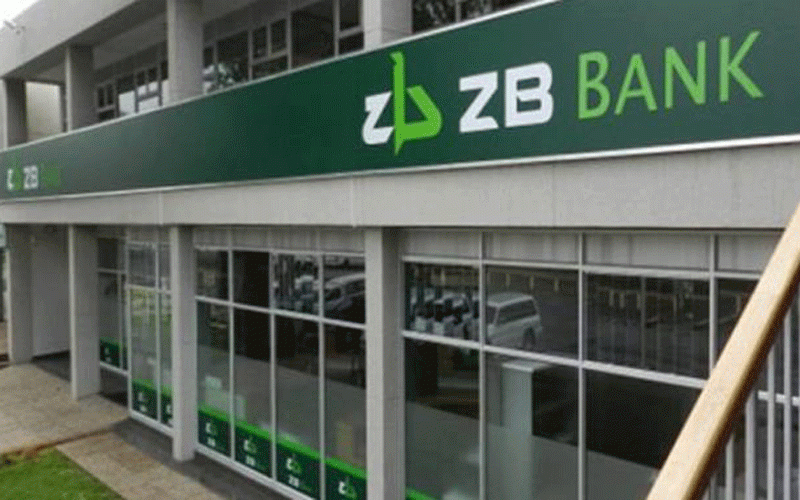
ZB FINANCIAL Holdings (ZBFH) group strategy executive Trymore Muhlanga says the government’s goal of achieving a mono-currency regime by 2030 will require a phased approach, as the institution prepares its 2026-2030 mid-term strategy.
This comes as the authorities push ahead with their highly unpopular plan to scrap the multicurrency system by 2030 and establish the Zimbabwe Gold (ZiG) as the sole legal tender.
Speaking to NewsDay Business on the sidelines of the group’s official Sustainability Standards and Certification Initiative (SSCI) certification on Tuesday, Muhlanga said about 90% of transactions were currently conducted in United States dollars or other foreign currencies.
Consequently, he said, the authorities needed to gradually transition toward a mono-currency system.
“So as a group, as an entity, we are supportive of government initiatives. What the central bank will most likely do between now and 2030 is just increase usage of our domestic currencies,” Muhlanga said.
“We know currently, we have maybe about 90% USD or foreign currency in terms of transactions.
“This means we then need to gradually get to a situation whereby we are reversing from 70/30 until you get to a situation whereby it’s 50/50, and then we can introduce our mono-currency.
“If we don’t do that, then we won’t perhaps meet with the success that we as an economy would like.”
- Awards target married couples
- Awards target married couples
- Shareholders approve ZW$1.5bn dividend
- Sibanda living his writing dream
Keep Reading
Muhlanga believes the government is working behind the scenes to introduce the mono-currency system in a phased-out way.
“There would be a roadmap, I’m sure.
“Perhaps it may not be told to everyone because perhaps people can speculate and take positions.
“But, behind the scenes, as we go into NDS 2 [National Development Strategy 2 document], the authorities will be working to ensure that that transition is smooth.”
ZBFH is closely aligning its internal strategies with that of the government to ensure business continuity.
This comes as it became the first financial institution in Zimbabwe to achieve a sustainability certification by adopting SSCI standards as a strategic guide, aligning with NDS 1, and promoting financial inclusion and investments in sustainable infrastructure.
SSCI is a framework designed to enable financial institutions to commit to and embrace sustainability across their organisations and aligns with the United Nations Sustainable Development Goals, which also align with NDS2.
“Sustainability is cross-cutting across the whole group... We practice sustainability and ESG (Environmental, Social, and Governance) principles across the whole ZB Group,” Muhlanga said.
“It’s within our strategy from 2021 to 2025 and then from 2026 to 2030. As we are going, we have also incorporated this certification and the standards, so it’s a metric, a key issue that we’ll be taking from a strategy perspective. It’s part of our corporate scorecard.”
The group’s bank was granted the SSCI certificate by the European Organisation for Sustainable Development on September 25, 2025, at the Global Sustainable Finance Conference in Germany.
“Allow me to extend my heartfelt congratulations to ZB Bank on attaining this comprehensive sustainability certification,” Reserve Bank of Zimbabwe deputy governor Jesimen Chipika said.
“This achievement by ZB Bank is a testament to the institution’s resolve and commitment to truly integrate and embed holistic sustainability principles across all aspects of the institution’s operations.”










